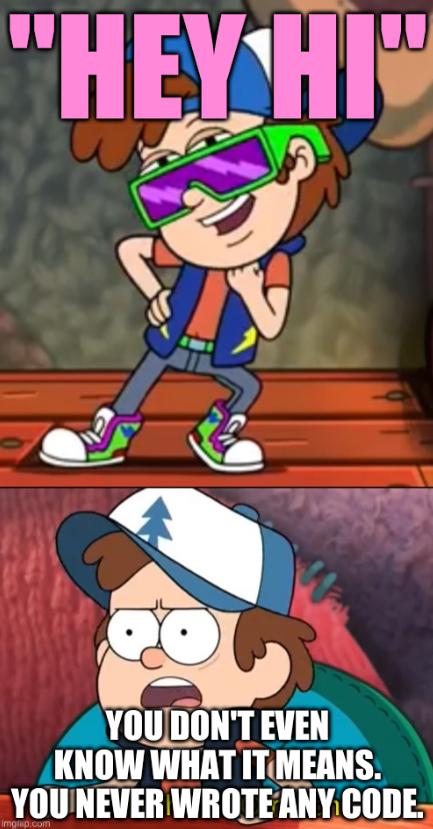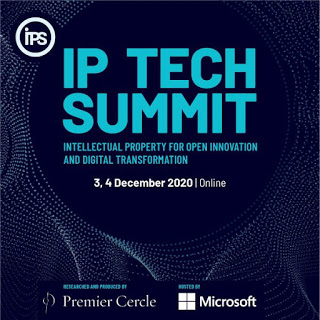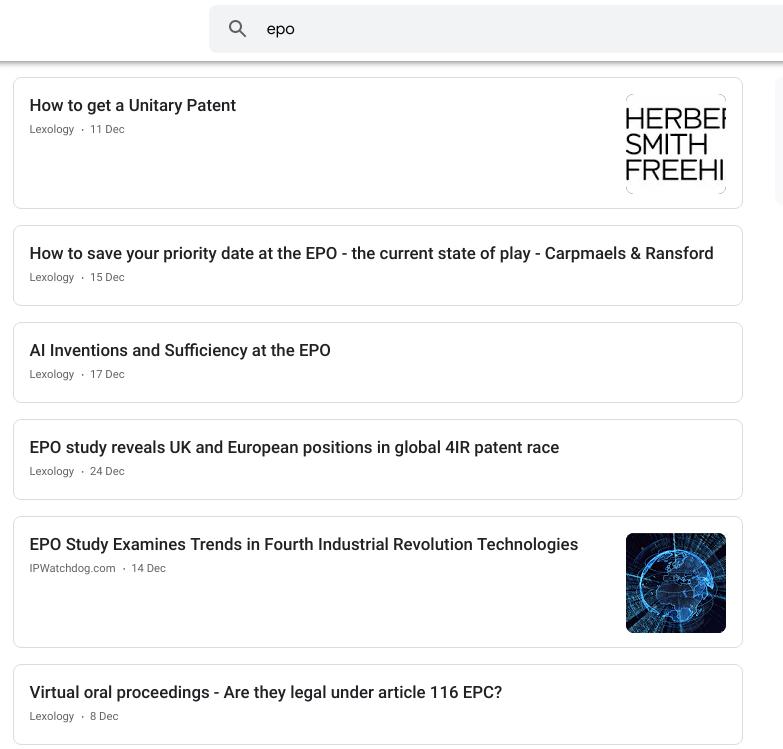

SOME things don't change, can't change, and barely ever change at all. The marketing strategy (e.g. "Microsoft loves Linux") may change a bit, but underlying tactics or more so objectives are largely the same. The extortion artists from Microsoft are pushing the lie of "IP" to manufacture consent for Microsoft's ongoing (it never stopped!) patent blackmail and software patents racket.
 Shown on the right is the banner of the latest so-called 'event' that is 'hosted' by Microsoft. And yes, as noted in the video above, that's Microsoft in Munich -- the very same ploy (relocation) that was used to undermine Munich's already-completed migration to GNU/Linux. Some "love", eh? Microsoft loves Linux funerals...
Shown on the right is the banner of the latest so-called 'event' that is 'hosted' by Microsoft. And yes, as noted in the video above, that's Microsoft in Munich -- the very same ploy (relocation) that was used to undermine Munich's already-completed migration to GNU/Linux. Some "love", eh? Microsoft loves Linux funerals...
Or, as Dave Lane put it many times before, “as I like to point out #MicrosoftLovesLinux like a tapeworm loves a healthy digestive system."
"Is this blog, which was founded by a scholar, just a think tank of litigation companies?"Either way, let's consider for a moment what's shown in this new, albeit belated, post (belated by a whole month), which I've remarked on in the video just moments ago.
There has long been this agenda of promoting software patents by calling them "4IR" and other buzzwords like "Hey Hi" (AI), which amount to nonsense. Julian Asquith (Marks & Clerk), quite frankly as usual, did so as recently as days ago (we've already included that in our Daily Links). Marks & Clerk openly said that nowadays it's easier to get software patents in Europe than in the United States. In support of this agenda they still use all sorts of misleading buzzwords and shamelessly promote not only the UPC but also illegal software patents. They receive help from corrupt EPO management that nowadays also besieges judges (especially those who reject software patents) and they receive support from patent propaganda mills which repost their marketing (Lexology). It gets syndicated as "news" (e.g. in Google News).
It's sad, isn't it?
Watch what shows up as top results when searching Google News for EPO "news" this morning (it's just Lexology and Watchtroll, not actual news sites or journalism).

"There has long been this agenda of promoting software patents by calling them "4IR" and other buzzwords like "Hey Hi" (AI), which amount to nonsense."Buzzwords for software patents ("digitalization", "Hey hi", IoT") and the typical openwashing, not with actual source code ("open data and open innovation" -- meaningless, especially the latter).
"Hosted by Microsoft" (see the image). The arm of Microsoft that blatantly attacked GNU/Linux in Germany.
The post was published by a UPC pusher and former Bristows spinner (Annsley Merelle Ward), who adores Microsoft and used other Microsoft-organised events to push that same agenda, whitewashing the chief extortionists (such as Smith). She has been distorting facts [1, 2] and her years-long promotion of software patents has long been documented here. Perfect vector for such agenda-setting...
She says: "The AmeriKat's friends at Dutch IP firm Brinkhof - Alexander de Leeuw, Boukje van der Maazen, Jonathan Santman and Jasmijn de Groot - were on hand to report on this year's proceedings."
"The post was published by a UPC pusher and former Bristows spinner (Annsley Merelle Ward), who adores Microsoft and used other Microsoft-organised events to push that same agenda, whitewashing the chief extortionists (such as Smith)."So it's a sort of secondhand account. For an employer. For a bunch of allies/colleagues at Brinkhof (another litigation firm, though she works at WilmerHale now).
Throughout the text the term "CII" is used sparingly, e.g. "protect an AI/CII invention" (yes, they're conflating those two things, intentionally).
Why is this sort of junk being published? Is this blog, which was founded by a scholar, just a think tank of litigation companies? Well, yes. Look who's actually running it nowadays...
Maybe it shouldn't be so shocking. Here are some portions of the long text:
Many of the AI debates concern the protection and licensing of data sets. Access to data can be restricted and can vary from jurisdiction to jurisdiction. Dr. Julia Keim (Microsoft) confirmed that an interesting derivative market has developed where companies claim license fees for the use of their data.
[...]
The IP Tech Summit had an impressive amount of experts on AI and CII patenting. Before going into what they had to say about IP, one cannot help but wonder what we mean when we mention the buzzword “AI”.
[...]
It quickly became apparent that one’s ability to navigate through existing patent law in order to protect an AI/CII invention depends greatly on claim drafting, both in Europe and in the US. The fact that there is no standardized terminology, makes an already difficult topic even more complex. In any event, it was recommended to avoid mathematical equations and terms like ‘neural networks’. Another difficulty is that AI systems largely depend on data, which is difficult to include in a patent application, and that it can be problematic to reproduce an AI achievement due to the large amount of parameters involved (the so-called “replication crisis”). This requires guidance from patent offices. The EPO has already issued guidance on this topic (see here), and guidelines will soon follow from the USPTO (see here). Likewise, Dr. Ulrike Till (Director of the AI Policy Division at WIPO) hinted at the near arrival of guidelines, strategies and instruments applicable to AI and IP prepared by WIPO.
[...]
Thierry Breton (EU Commissioner for the Internal Market) stressed in his keynote speech that “the licensing of standard essential patents is a cumbersome and costly exercise for both patent holders and technology implementers” and that “there is a need for a much clearer and much more predictable framework incentivizing good faith negotiations rather than recourse to litigation.” According to Thierry, this is essential in order to ensure the EU’s lead position in standardization and the internet of things. He referred to the recently adopted IP action plan (available here), which includes initiatives to improve the framework regarding essentiality declarations, licensing and enforcement of SEPs, including a pilot study for the essentiality assessment of SEPs (see here), and further indicated that the European Commission will enter into a sectorial dialogue with industry players in order to find appropriate solutions.
"OIN is what's sometimes referred to as "controlled opposition"."Cabals of extortionists patting each other over the shoulder isn't a legitimate debate or genuine panel but a think tank named after misleading propaganda terms, piggybacking a bucket of buzzwords (even the principal author, named above, admits that those are just buzzwords).
In short, the so-called 'event' was a sham and looking at who was actually participating would be quite a giveaway. The video mentions the role played by OIN, which can nowadays be seen in many such panels, sort of faking a "voice" of the "Open Source" "community" when in fact paying lip service to monopolies in a subtle kind of way. OIN is what's sometimes referred to as "controlled opposition". ⬆